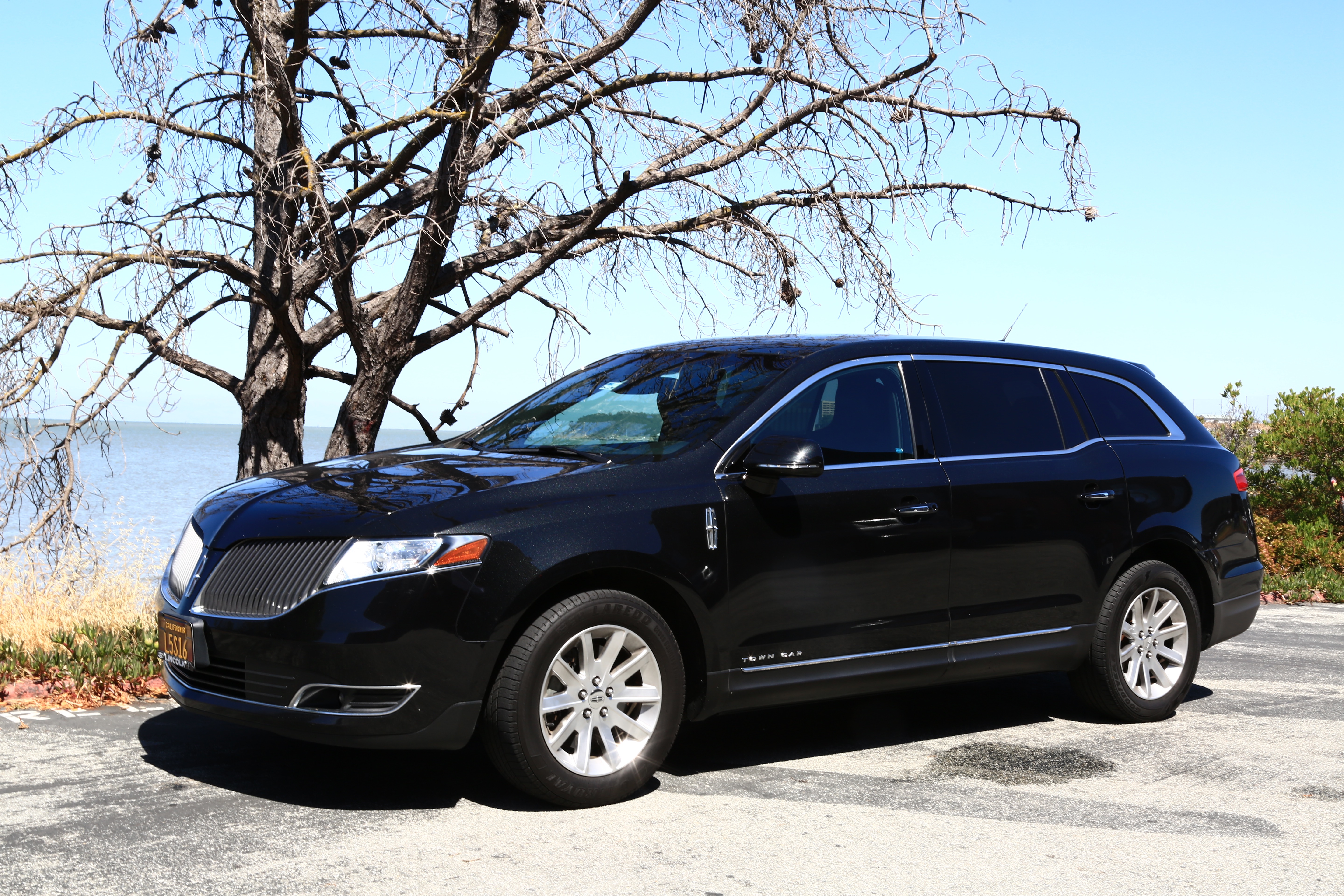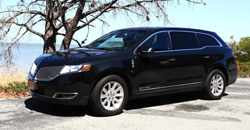According to Transit officials, the bike lane project “watered down” of Turk Street can be considered as the main topic of the meeting. The San Francisco Municipal Transportation Agency planner Luis Montoya said this bike lane would be created across Turk Street from Mason to Polk Street. And this bike lane is just a buffered lane with paint, instead of physical barriers.
Montoya told in the meeting, “We haven’t been able to come up with a protected bike lane design that works for everyone who uses the street.” And also said the first design (bike lane with physical barriers) was problematic for “businesses on the street, seniors on the street, for passenger loading zones, and first responders.”
After the objections made by the bike riding community, Supervisor Jane Kim, and Tenderloin neighbors, Montoya said, he might delay the approval dated of the project, it can be stated to be May 16 to know the views of board members. In five years, the Turk Street Safety Project, the SFMTA cited 92 pedestrian and bicycle collisions on Turk Street between Mason and Gough Streets.
Also, Supervisor Jane Kim urged the SFMTA to build the completely safe and protected bike lane. She said, “I want to appreciate the staff at SFMTA. I know they’re doing everything they can to balance a number of different priorities.” She also added, “We would like to see a protected bike lane in the Tenderloin.”
At the meeting, San Francisco native and San Francisco Bicycle Coalition board member Mary Kay Chin said she was disappointed that there is no east to west protected bike lanes in the Tenderloin. She told the public at the engineering hearing, “What’s worse, the SFMTA had planned a protected bike lane on Turk Street. Now, they’re asking for city approval for a watered down, unprotected bike lane.”
Because of this reason, Montoya said he may delay the hearing date of the Turk Street bike lane to hear community concerns. He said there is no guarantee the plan to make it “protected” will be reinstated.
On this, Fire department spokesperson Jonathan Baxter told, “Only in those instances where safety standards are materially compromised do we recommend exploring additional options.”



















